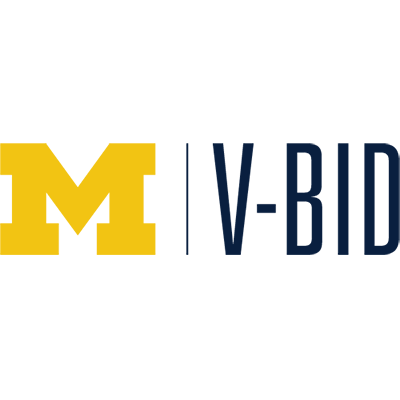

Webinar: A Surprise Bill When Patients Least Expect It

NPC and AJMC Webinar: Health Care Spending
On Tuesday, November 10th, the National Pharmaceutical Council and the American Journal of Managed Care are hosting a webinar on health care spending. You’ll hear from Harvard’s David Cutler and Jason Buxbaum, NPC’s Robert Dubois and Michael Ciarametaro, and Blue Cross Blue Shield of Michigan’s Mariam Alboustani. Mark your calendars and check NPC’s website for coming details.


Framework for Equitable Allocation of COVID-19 Vaccine
The National Academies of Sciences, Engineering, and Medicine has released a report calling for the provision and administration of a future COVID-19 vaccine with no out-of-pocket costs for all those being vaccinated. The CARES Act requires first dollar coverage of COVID-19 vaccines by private and public payers through an amendment to the Public Health Service Act Section 2713.

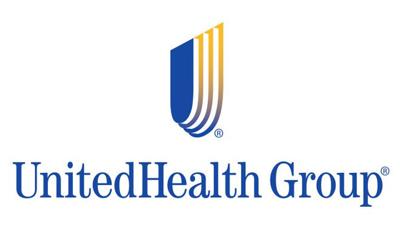
The Path Forward to a Next-Generation Health System
In their new report, UnitedHealth Group highlighted the need to incorporate several V-BID principles into health care delivery, including clinical nuance for selecting a care delivery site, value-based arrangements for prescription drugs, and modernizing high-deductible health plans to allow coverage of high-value services before the plan deductible.
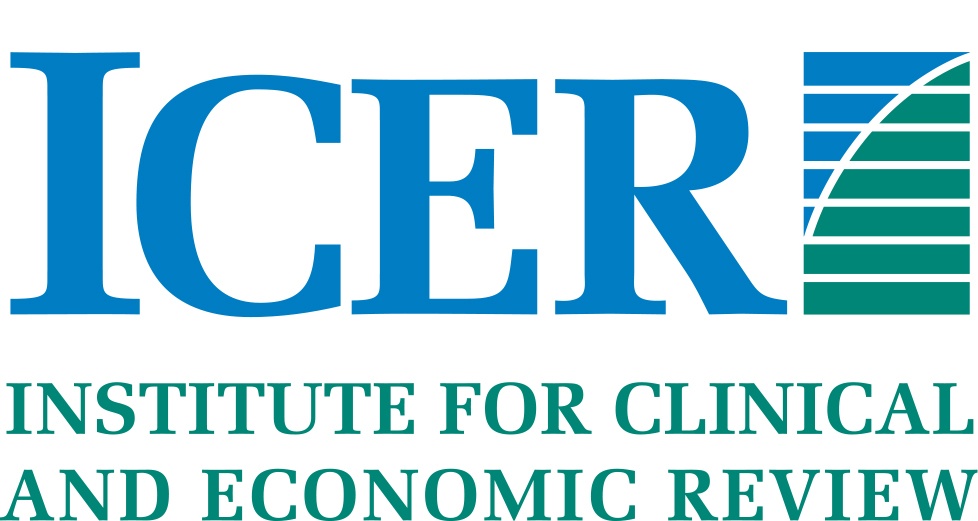
Cornerstones of Fair Drug Coverage: Appropriate Cost-Sharing and Utilization Management for Pharmaceuticals
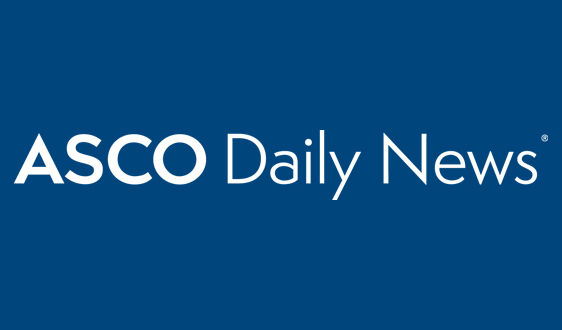
Most Insured Patients With mCRC Experience Financial Hardship 1 Year Post Diagnosis
Nearly 75% of insured patients with metastatic colorectal cancer in a recent study reported experiencing major financial hardship 12 months post-diagnosis. This prospective cohort study found that increased risk for financial hardship was greatest for patients that were younger, non-white, or had a household income of less than $50,000 per year. Click here to learn how V-BID can help address health disparities.
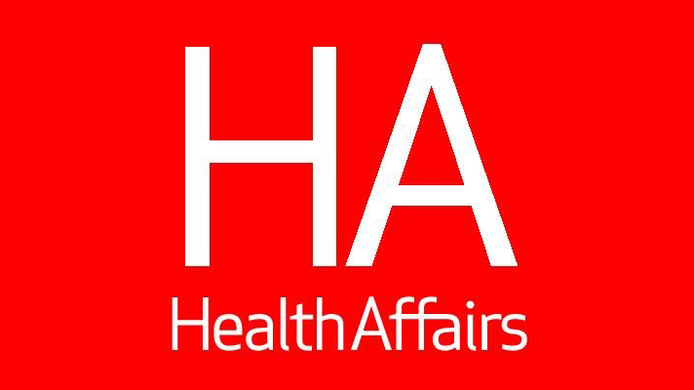
Trends In Orphan Drug Spending and Out-of-pocket Spending Among US Children, 2013-2018
Pediatric orphan drug spending is increasingly burdening payers and families. The share of total health spending spent on orphan drugs increased by two-thirds between 2013 and 2018, and mean pocket spending on orphan drugs rose from $486 in 2013 to $866 in 2018. Payers should better protect families from the prices of orphan drugs by improving benefit designs.
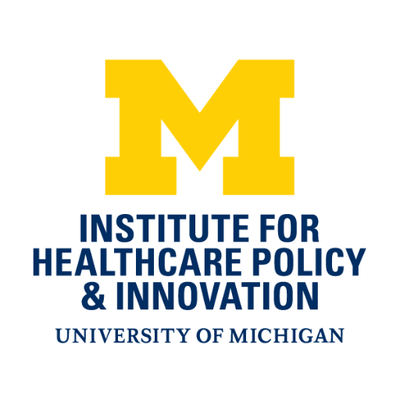
Elective Outpatient Surgery Costs Are Rising: The Burden is Shifting to Patients
Researchers from Michigan Medicine examined consumer cost burdens for elective surgery procedures and found that the weight of increasing health care costs is being carried by patients. Out-of-pocket costs for elective surgeries rose 50% for patients with employer-sponsored insurance between 2011 and 2017, which is in part due to increases in high-deductible health plan enrollment.
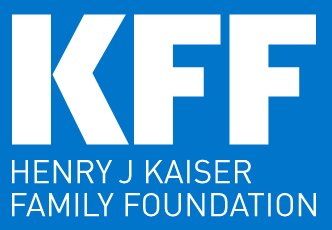
Kaiser Family Foundation: 2020 Employee Health Benefits Survey
According to the Kaiser Family Foundation’s annual report, 83% of covered workers in 2019 had a deductible, and the average annual deductible for an individual has increased 79% over the last ten years. As the share of Americans with a deductible has risen, plans should adopt a more flexible benefit design to ensure patients have access to essential chronic disease management services.
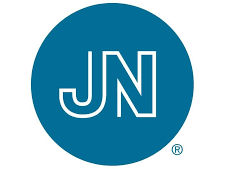
De-Adopting Low-Value Care: Evidence, Eminence, and Economics
The US health system struggles to abandon care with little or no benefit to patients. A new JAMA Viewpoint describes three forces that govern the de-adoption of low-value care: evidence, eminence, and economics. By utilizing this framework, we can identify and prioritize policies that can speed the removal of low-value care from our health system and increase the use of clinically indicated services.

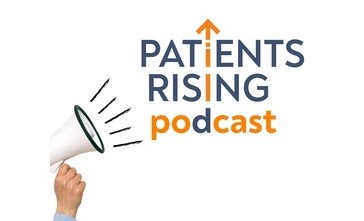
Podcast: Can You Get Trump's COVID Care?
In a recent interview with Patients Rising, V-BID Center Director Mark Fendrick shared the impact of value-based insurance design on lowering patient costs and improving outcomes. By reducing the volume of low-value care, we can eliminate financial barriers to high-value services like insulin. Click here to listen to the full interview.


GetInsulin Addresses Immediate Needs of People Struggling to Access Insulin
Beyond Type 1 has launched GetInsulin.org, a website that connects people with diabetes to assistance programs and low-cost solutions to improve their access to insulin. One in six Americans with diabetes does not receive recommended care due to financial barriers that disproportionately affect vulnerable populations. Learn more about the role of V-BID in diabetes care from our infographic.
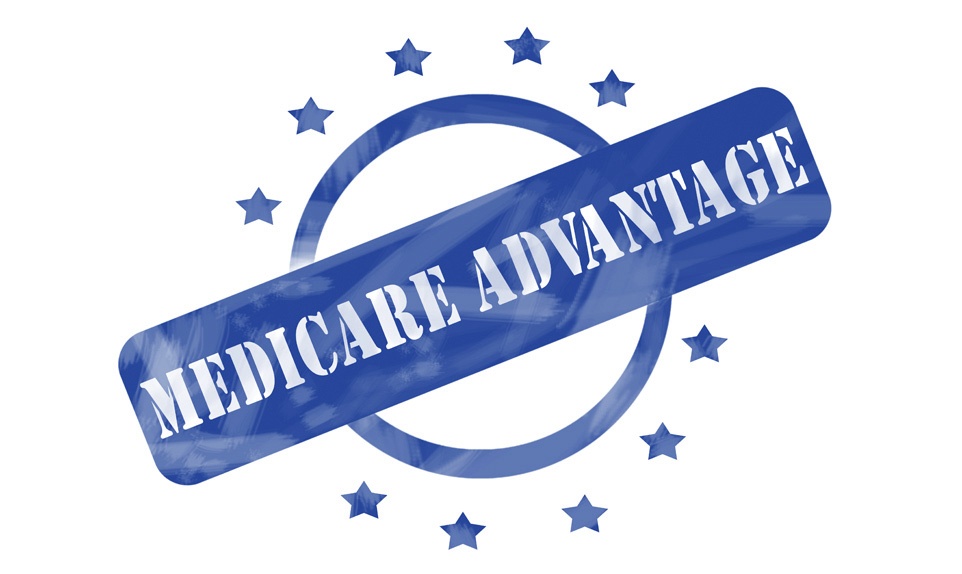
CMMI Announces Plan Participants for V-BID
The Center for Medicare and Medicaid Innovation (CMMI) has released a list of managed care organizations that will be participating in the expanded Medicare Advantage V-BID Model in 2021, along with the 53 plans that will test the model’s new hospice carve-in. Visit our initiative page to see how V-BID principles can help Medicare Advantage plans improve health and quality, enhance consumer engagement, and reduce costs.
Please Help Support the V-BID Center
As a non-profit entity, the V-BID Center relies on fundraising to support our research, education, and policy efforts. Please help us continue our work by donating here. We truly appreciate your consideration.


